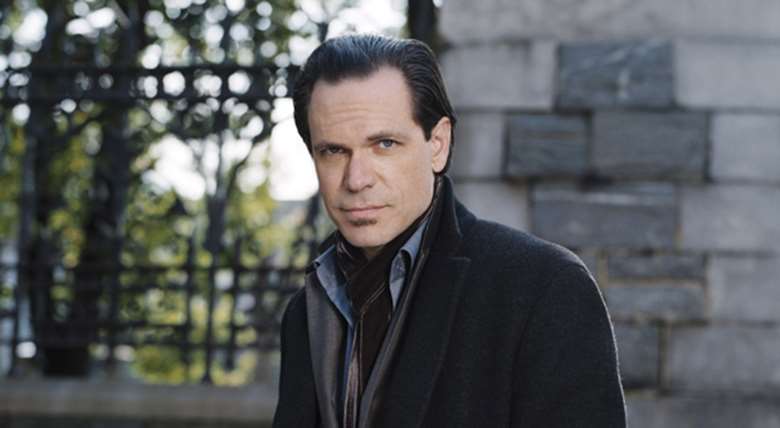Kurt Elling – Out of This World
Wednesday, November 4, 2015
Kurt Elling’s richly resonant, subtly virtuosic voice is one of the most recognisable and celebrated in jazz earning him a Grammy for his 2009 album Dedicated To You alongside 10 other Grammy nominations, and seen him top numerous critics polls.


Register now to continue reading

Thank you for visiting Jazzwise.co.uk. Sign up for a free account today to enjoy the following benefits:
- Free access to 3 subscriber-only articles per month
- Unlimited access to our news, live reviews and artist pages
- Free email newsletter